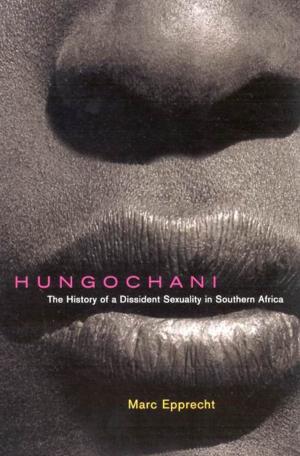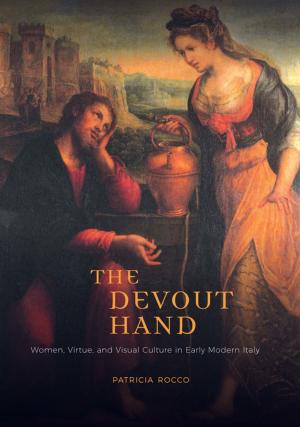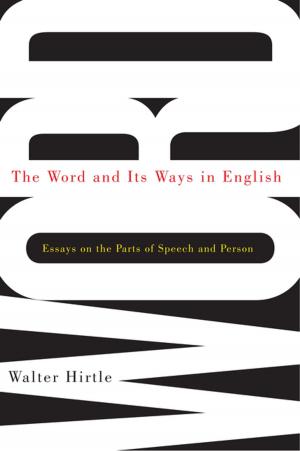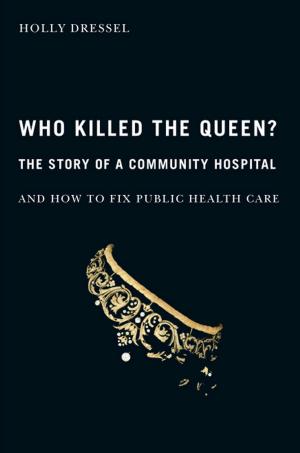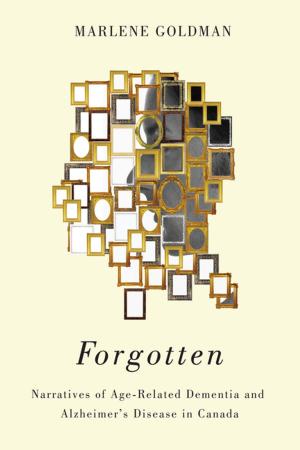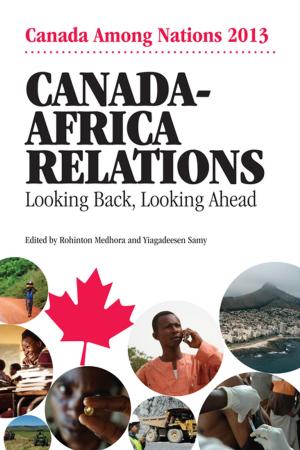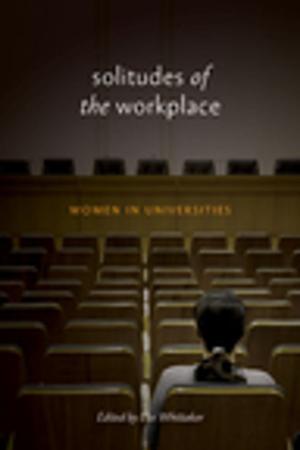American By Degrees
The Extraordinary Lives of French Ambassador Jules Jusserand
Nonfiction, History, Americas, United States, 20th Century| Author: | Robert J. Young | ISBN: | 9780773585430 |
| Publisher: | MQUP | Publication: | October 1, 2009 |
| Imprint: | MQUP | Language: | English |
| Author: | Robert J. Young |
| ISBN: | 9780773585430 |
| Publisher: | MQUP |
| Publication: | October 1, 2009 |
| Imprint: | MQUP |
| Language: | English |
The expressions of American hostility toward France after 9/11 are not new - Franco-American relations in the early twentieth century were also difficult, characterized by the same antagonistic depictions of the other's culture. Ambassador Jules Jusserand's years in Washington (1903-24) were defined by efforts to correct such misconceptions, whether they came from the venomous pens of French extremists or from members of William Randolph Hearst's press empire. In An American by Degrees Robert Young explores Ambassador Jusserand's life and legacy. Fluent in English, married to an American, and a historian who was a frequent guest at many American universities, Jusserand deftly cultivated American sympathies for France. His tasks as a diplomat were formidable, whether during the period of America's war-time neutrality - when France was nearly over-run by the German army - or when as allies they competed for control of the peace process or sought to resolve post-war issues like disarmament, war debts, and reparations. Jusserand relentlessly reminded Americans that France had been an ally during their Revolution and that their concept of "civilization" was part of France's intellectual and cultural legacy. His emphasis on their shared history was natural, as befitted the first winner of the Pulitzer Prize in History and only the second foreigner to serve as president of the American Historical Association.
The expressions of American hostility toward France after 9/11 are not new - Franco-American relations in the early twentieth century were also difficult, characterized by the same antagonistic depictions of the other's culture. Ambassador Jules Jusserand's years in Washington (1903-24) were defined by efforts to correct such misconceptions, whether they came from the venomous pens of French extremists or from members of William Randolph Hearst's press empire. In An American by Degrees Robert Young explores Ambassador Jusserand's life and legacy. Fluent in English, married to an American, and a historian who was a frequent guest at many American universities, Jusserand deftly cultivated American sympathies for France. His tasks as a diplomat were formidable, whether during the period of America's war-time neutrality - when France was nearly over-run by the German army - or when as allies they competed for control of the peace process or sought to resolve post-war issues like disarmament, war debts, and reparations. Jusserand relentlessly reminded Americans that France had been an ally during their Revolution and that their concept of "civilization" was part of France's intellectual and cultural legacy. His emphasis on their shared history was natural, as befitted the first winner of the Pulitzer Prize in History and only the second foreigner to serve as president of the American Historical Association.

